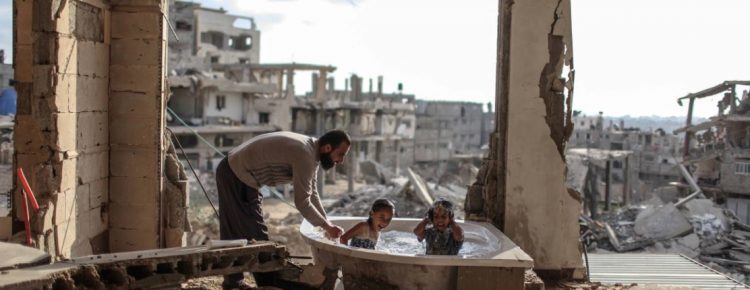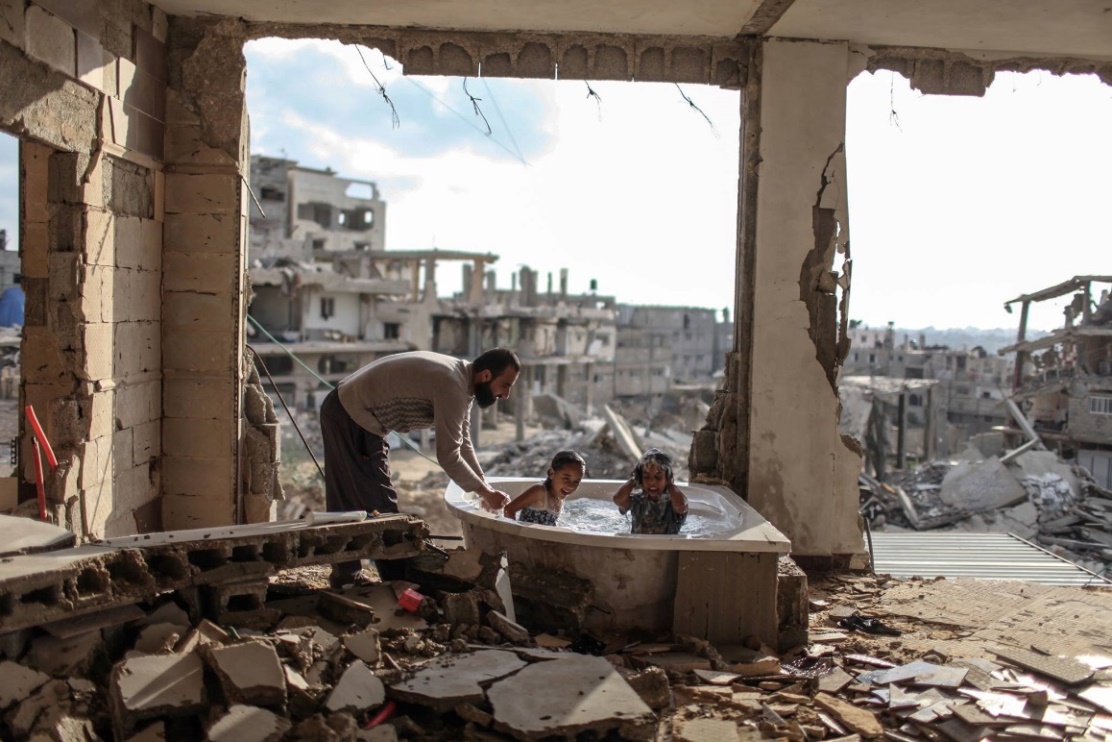April Tapia
English 101, Sec. 3252
April 28, 2017
In today’s day and age, we are more connected than ever. Smart phones have given us the ability to share our thoughts, photos, and videos from anywhere in the world, at any time. Twitter, Facebook, and Instagram have given us a worldwide audience. Social media has created an instant connection, yet somehow completely disconnected us. We have an immediate window to happenings throughout the world, a 24/7 news reel at our fingertips, but roughly 90% of news published is negative and despite learning about it in school, we seem to have a hard time identifying what is real life and what is propaganda. Nobel Laureate Daniel Kahneman writer of Thinking, Fast and Slow, a book that identifies the cognitive biases associated with each type of thinking, speaks of confirmation bias as a “…tendency to selectively look at information or see information that confirms our preexisting notions, …our preexisting notions are typically negative and therefore, we’re reconfirming our negative expectations”. The media plays a big role in determining our preconceived notions especially in regards to countries not considered to be on our side. Between the negativity and constant not-so-subliminal message of America’s superiority over all others, we might be on the verge of empathetic bankruptcy.
A father smiles and plays with his daughter and niece as they bathe in a large whirlpool bathtub. The bathtub is the only object left standing on the second floor of what used to be their home. Chunks of tile are scattered about the floor, much of which looks to have been attached to the walls which are now non-existent. Beyond the joyous scene of children playing and bathing in the sunlight peeking behind the clouds are remnants of buildings destroyed. The entire block has been reduced to rubble. The photograph was taken on June 26, 2015 sometime after blasts had destroyed this community in Gaza. Photographer Emad S Nassar who was a resident of Gaza, visited the area to document some of the destruction. His Instagram tells a scattered story of the lives that continue and some that will not. Emad posted this picture to his Instagram on February 24, 2016 and within a day, this image started to go viral.
Thanks to social media, it only takes an instant to know what is happening around the world. Videos and pictures are being shared at a rate beyond comprehension, and like a virus we are infecting one another with jokes about death. I myself have been guilty of a giggle or two in reference to jokes stemming from the suffering of others. It seems that we have discovered a new way of coping with our unwanted emotions that goes beyond mere distraction. Deflecting our emotions has become second nature. At the rate bad news reaches our “news feed”, can you really blame the psyche for putting up a desensitization barrier?
I showed this photograph to my two children ages 16 and 10, I asked them what they thought of this photo and to describe how it made them feel. They were both unable to decipher their feelings about it. I then asked my boyfriend what his thoughts were on the photograph, he said that he had no feelings or thoughts about it. He later elaborated stating that he see’s images like this (of war) all the time and they really don’t have any effect on him anymore. There was a time when the images of war shaped the views of our country. Vietnam was America’s first televised war, and the constant images of troops being carried off in body bags through the rice fields began to weigh heavy on America. The awareness of suffering of not only our troops but innocent civilians as well, set the stage for a peace movement. By the late 1960’s peaceful protests became violent, these images stirred emotion and emotion creates action.
This photograph evoked something and not for the reasons you might think. In a stream of negativity this photo stood out and became worthy of sharing because it showed how human they really are. Children in all their innocence and a man who loves those children, despite losing everything. It’s family and togetherness, an idea many can relate to. Not everyone saw it this way of course, those preconceptions crept in and cried “Fake! Staged! Propaganda!”. They convince themselves that those people in war torn countries are not in fact suffering because “Look! They have clothes and are smiling, it must not be so bad!” It’s easier to dehumanize than empathize. As Paul Bloom said in his book, Against Empathy: The Case For Rational Compassion; “Although we might intellectually believe that the suffering of our neighbor is just as awful as the suffering of someone living in another country, it’s far easier to empathize with those who are close to us, those who are similar to us”. Yet intellectually, we know these people are no different from us. Yes, they may have different beliefs, but so does your best friend, your mother, your neighbor, but does that mean they deserve anything less than a safe, happy life?
Whether we want to admit it or not, our desensitized views are shaping this country. War has become the norm and it seems there is no end in sight. Despite seeing images of life after war and knowing that families are being displaced, torn apart and broken, we opt to put up walls. Refugee has become a dirty word and almost implies someone less than human, someone not as worthy of life. We offer no regard to the innocent bystanders of war left to find their own way out of the rubble. It’s true that we can’t help everyone, but we owe it to ourselves to challenge our biases and to take a deeper look through our preconceived notions in order to connect to the world through our common humanity.
Works Cited
Image of Father playing with bathing children in destroyed home https://www.instagram.com/p/BCJn7KOiD9f/?taken-by=emadsnassar&hl=en
Paul Bloom, March 4 2017 – Is Empathy Overrated
Is empathy overrated?
The Antiwar Movement, April 28, 2017
http://www.ushistory.org/us/55d.asp
Diamandus, Peter H., Why We Love Bad News: Negativity Bias
http://bigthink.com/in-their-own-words/why-we-love-bad-news-understanding-negativity-bias






Leave a Reply